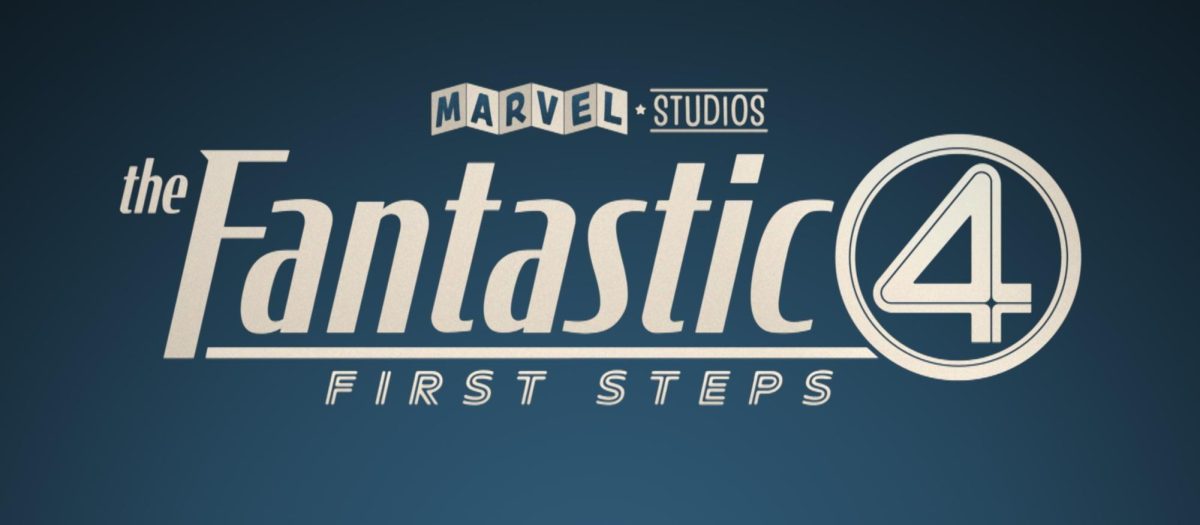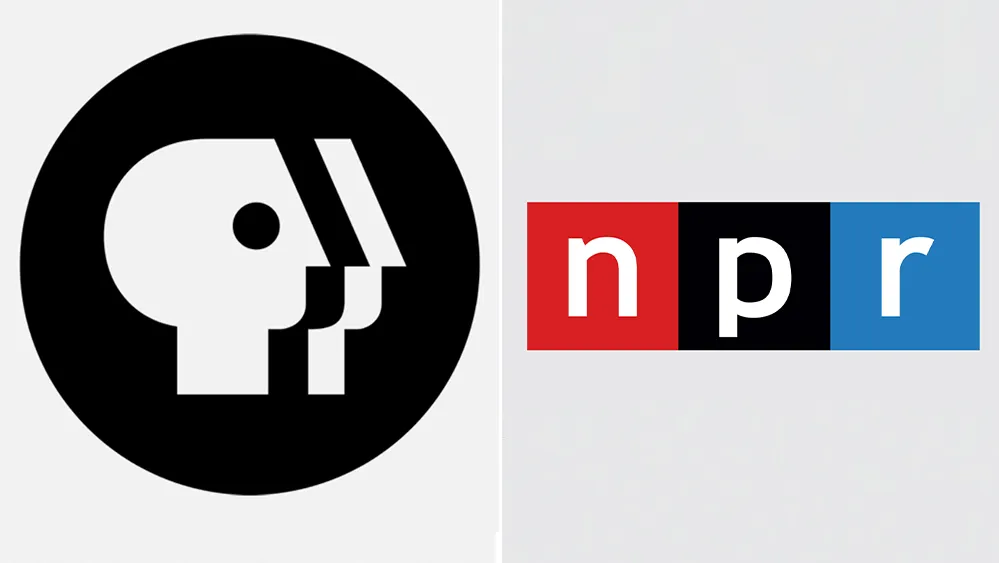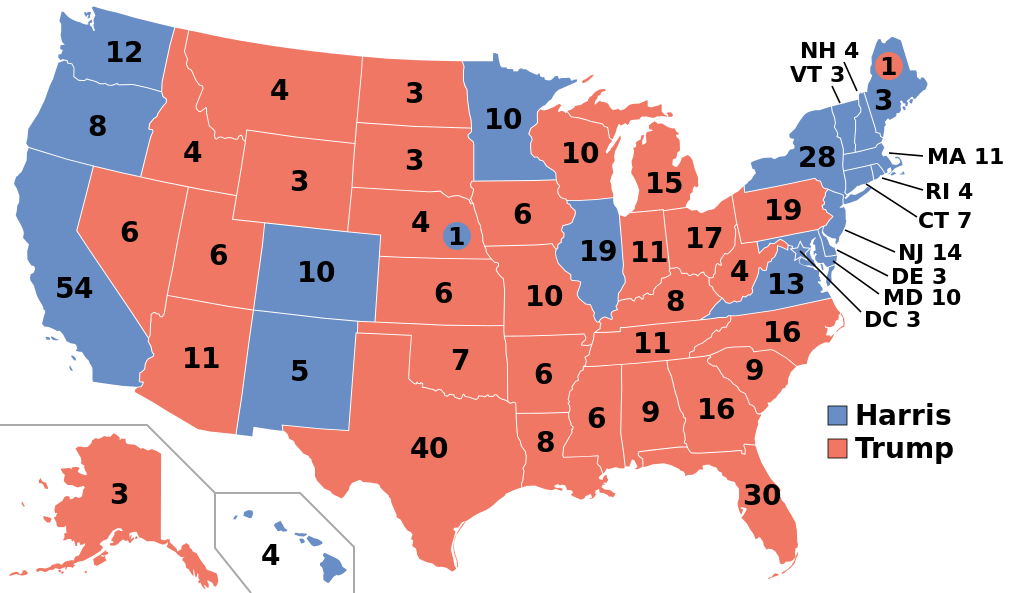Jargon: Obstacle to Understanding or Efficient Communication?
November 18, 2022
Jargon is Exclusive
By Jonas Sime
So, I live near a park, it’s probably like 30 seconds away from walking distance, and I spend a good chunk of my free time there. Most of the time, I’m with my brother and 2 friends, who I’ll call George and Mike. Normally, my brother and I will be chucking our basketball at the nearby hoop. To our chagrin, George and Mike will just stand around talking about cars. I’m not really bothered, but it’s kind of a nightmare to follow because I can’t understand anything they’re saying.
This is because of jargon. There’s a lot of information in the world, and you can’t possibly know it all. Jargon, depending on its context, basically uses those ideas and consolidates them into terms with implied and commonly accepted understanding. It’s an efficient way to communicate ideas and even create frameworks to build new ideas upon. The downside is that if you don’t know the term, you don’t know the framework, and that framework becomes harder to understand with every passing discovery. Good luck if you’re starting from the bottom. It only gets worse from here.
In the context of George and Mike at the park, they’re just hammering away at all things cars: different types of engines, modifications, and how it’s funny that Mike’s brother’s Jeep somehow had black transmission fluid. I’d wager that many of us didn’t know that transmission fluid existed or that it wasn’t supposed to be black.
There’s a lot of reasons why this doesn’t make sense to many of us: we’re young, a lot of us don’t have cars yet, we don’t have that much experience with them. These are the same reasons that jargon is such an annoying entry barrier: You need to spend a lot of time to gain experience with these terms and everything they mean.
I’ve been involved in music for over half a decade. I was in choir for a couple of years, and I’ve been in the school band since 6th grade. I still barely understand any of what anyone says about music. For the most part, all I know is what sounds “good” and “bad”. The issue is that there are so many different sounds and methods to achieve these sounds that need to be documented to be reproduced.
That’s not even considering the order in which these sounds need to happen to sound good, or how well they sound together, or if you layer new sounds on those sounds to create a more complex melody. I bet the term “EQ” isn’t familiar to most of you, but it’s so important to the creation of your favorite music. You’d just have to know to know.
From transmission fluid to some of the finer aspects of music composition: What else is hiding in plain sight that we just don’t understand about the world we live in? All too much. I fear that later generations might have even more to untangle. I fear that I’ll get left behind one day by a new world of technology that’s far beyond what I spend my prime learning.
As for music, I wouldn’t dive deep into it unless it was absolutely my passion, and I was going to major in it. I’d have to feel so loved and included that I’d want to chase that dream of making a living playing music—spending my life dedicated to the hobby that made life fulfilling.
I don’t think it’s silly at all to feel this way about any career of passion. Belonging is a scarce resource, and if you can find it in healthy ways, that’s a far happier way to live. I also hold a lot of respect for someone who can decide to take so many of these fields up and become knowledgeable about them. Yet, every new field is very demanding, and I can’t help but think about what they had to sacrifice to be satisfied and happy with what they’ve done.
As for me, that’d be too many hours spent on SparkNotes.
Jargon Enhances Communication
By Elliott Weix
Dive deep enough into any field, and you’re likely to come across jargon: highly technical language with specific meaning, intended for a specific audience. It might be confusing when you first look at it, and that’s okay. Jargon isn’t meant for communicating with the general public. Its true value lies in efficient explanations of complicated things.
The power of jargon is its specificity: each term means one complicated thing that might take many sentences to otherwise describe. You can see this if you ever look up explanations for vocabulary terms in a science class. In biology, for example, the term “chelator” refers to a family of very complex molecules that grab and hold metals. But once you know the definition, it becomes relatively easy to use the word to describe something—if I say that we have an iron chelator, for example, you now know that I’m describing a molecular tool for grabbing iron.
Each of these vocabulary terms is shared between members of a field, who often understand—or can infer—the basic definition and implications of the words. Thus, when exchanging information, experts can skip many of the foundational explanations to dig right into the meat of whatever topic they’re addressing.
That being said, there is one glaring issue with jargon: comprehension. When members of one field talk about their topics of expertise with people outside that field, they often overestimate how much others know about those topics—even when they try to compensate. As a consequence, people might fill their explanations with esoteric words, making it incredibly difficult to understand what they are saying. While some might decry this as a deliberate form of gatekeeping, it’s often unintentional.
There’s not an instantaneous solution to this problem, but there are ways we can lower barriers to discussion. The best practice is to remind people to be conscious of their audience and the context in which they are speaking—something we all need to keep in mind, expert or not.

















































![Image credit to [puamelia]](https://memorialswordandshield.com/wp-content/uploads/2025/08/3435027358_ef87531f0b_o-1200x803.jpg)


